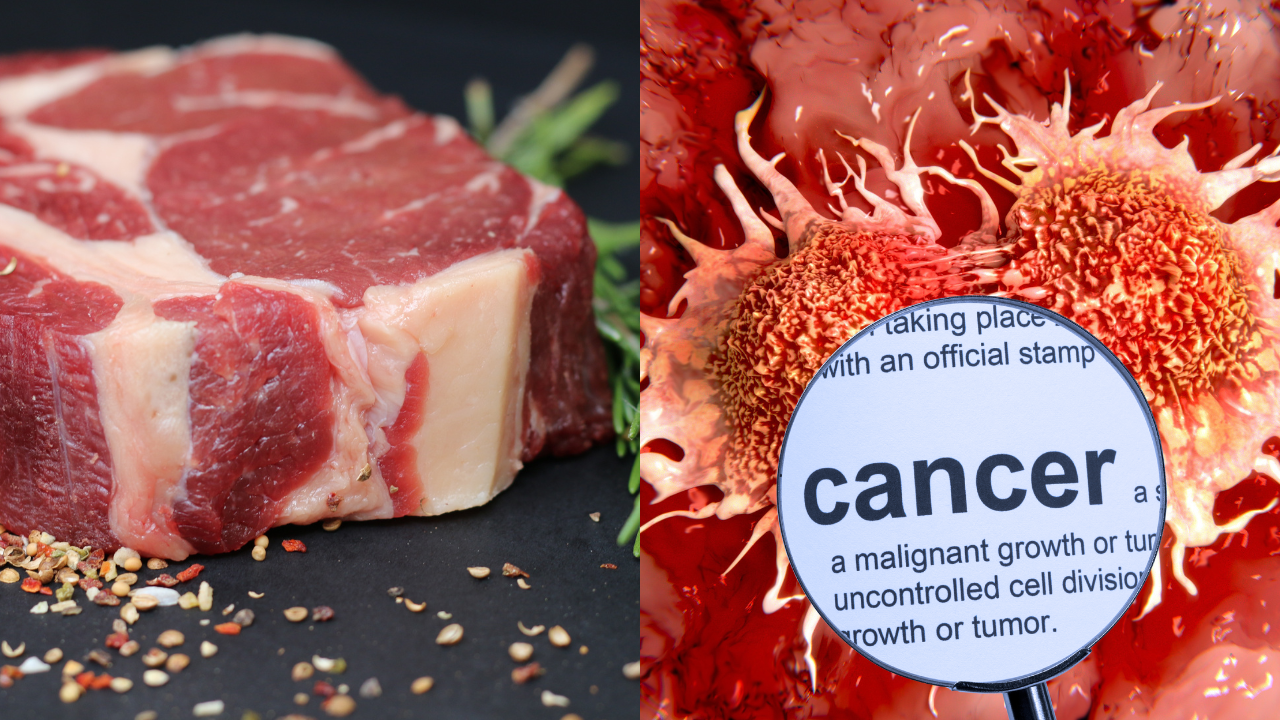Once Thought Deadly, THIS Ingredient Could Lower Cancer Death Rates

Credits: Canva
SummaryA new study challenges long-standing beliefs about protein and mortality. Researchers found no link between animal protein and higher death risk; instead, it offered slight protection against cancer. Plant protein, once hailed as superior, showed no special longevity benefits.
End of Article
